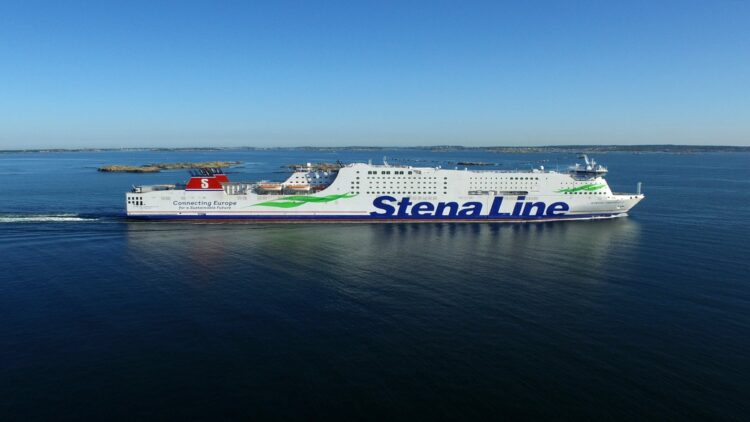While the global community ramps its search for environmentally friendly energy sources, hydrogen is no longer the only contender for the green fuel throne. Methanol, a renewable and efficient fuel, is fast becoming the darling of the marketplace, rightly so.
The successful integration of methanol into shipping is now demonstrating the ability of this fuel to revolutionize the maritime sector. Methanol has been presented as one of the most viable green fuels in the marine industry by Stena Line through its cooperation project with Lloyd’s Register (LR).
Methanol-powered ships: a bold leap toward maritime decarbonization
The maritime industry has always sought an alternative to conventional fuel to lower polluting emissions. Methanol from renewable resources is one of the most effective solutions to the problem. In 2015, Stena Germanica was the first passenger ship to be converted to methanol in line with other vessels.
In cooperation with LR, retrofit included changes such as engine modification, methanol fuel tanks, and safety systems. These changes responded to a severe increase in emissions legislation and demonstrated the workability of methanol. The use of methanol is not just a matter of regulation.
The fuel does not require radical changes in the current engines, making it easy to integrate into the market. While hydrogen needs an entirely new infrastructure, methanol can be easily integrated into dual-fuel engines, creating sustainability and cost-effectiveness that go hand in hand. This practicality is why there are more methanol-fueled ships with over 100 orders in the recent year.
As we have seen, shipowners contribute to the global decarbonization process with methanol. From the EU’s ETS to the IMO’s 2050 net-zero goal, methanol-powered ships meet emerging regulatory requirements. Stena Line and LR’s case shows that first movers reap the benefits of the risks and costs they undertake in the long run, which is sustainable.
Lessons learned from a decade of methanol fuel use
It has not been a smooth ride to methanol-powered ships, but the challenges have catalyzed innovation. Legal guidelines did not accompany initial transitions; therefore, the participants had to develop new safety concepts. Stena Germanica’s project team performed a risk analysis, established close cooperation with suppliers, and implemented innovative engineering concepts to meet safety requirements.
Among the improvements made during the years, it is possible to note the development of methanol storage tanks. Methanol is toxic and flammable, and it has to be handled properly. The tanks of Stena Germanica were constructed inside ballast water tanks and covered with water-filled coffer dams to reduce hazards while preserving the general manoeuvrability of the ship. These have contributed to changing the international safety standards concerning methanol-fueled vessels.
Operational insights have also advanced methanol technology. Across the board, the difficulties of methanol adoption have led to improvements in leak detection and piping for real-world conditions. Such a rapidly developing competence makes subsequent methanol transformations safer, more efficient, and compatible with the requirements of the modern shipping industry.
Methanol’s future in a greener maritime industry
When methanol is considered more seriously, one can see how it may disrupt the maritime industry. The usage of this fuel is scalable, as seen in Stena Line’s successive retrofitting of Stena Superfast VII and VIII. Stena Line shows that minor improvements are possible by turning two engines in each vessel to methanol, and it is still possible to reduce emissions.
The main advantage of methanol is its versatility. It can be produced from renewable sources such as biomass to operate on a carbon-neutral basis. Furthermore, methanol is liquid in ambient conditions, so storage and transportation are easier than gaseous fuels such as hydrogen. These attributes make methanol a favourite in the race for sustainable shipping fuels.
The adoption of methanol also gives a hint of innovation within the industry. In this way, shipowners respond to modern-day environmental concerns and meet future requirements by acquiring methanol-compatible infrastructure and technology. This forward-thinking approach guarantees that methanol will remain a key solution in decarbonizing the maritime industry for many more years.
The change in trend toward methanol as a green fuel is a new era in sustainable shipping. Fortunately, successful pioneers like Stena Line and LR have set an example today and applied methanol as a viable, scalable, and eco-friendly fuel. By adopting methanol, the maritime industry is not just saying goodbye to hydrogen but embracing a cleaner, brighter future.

